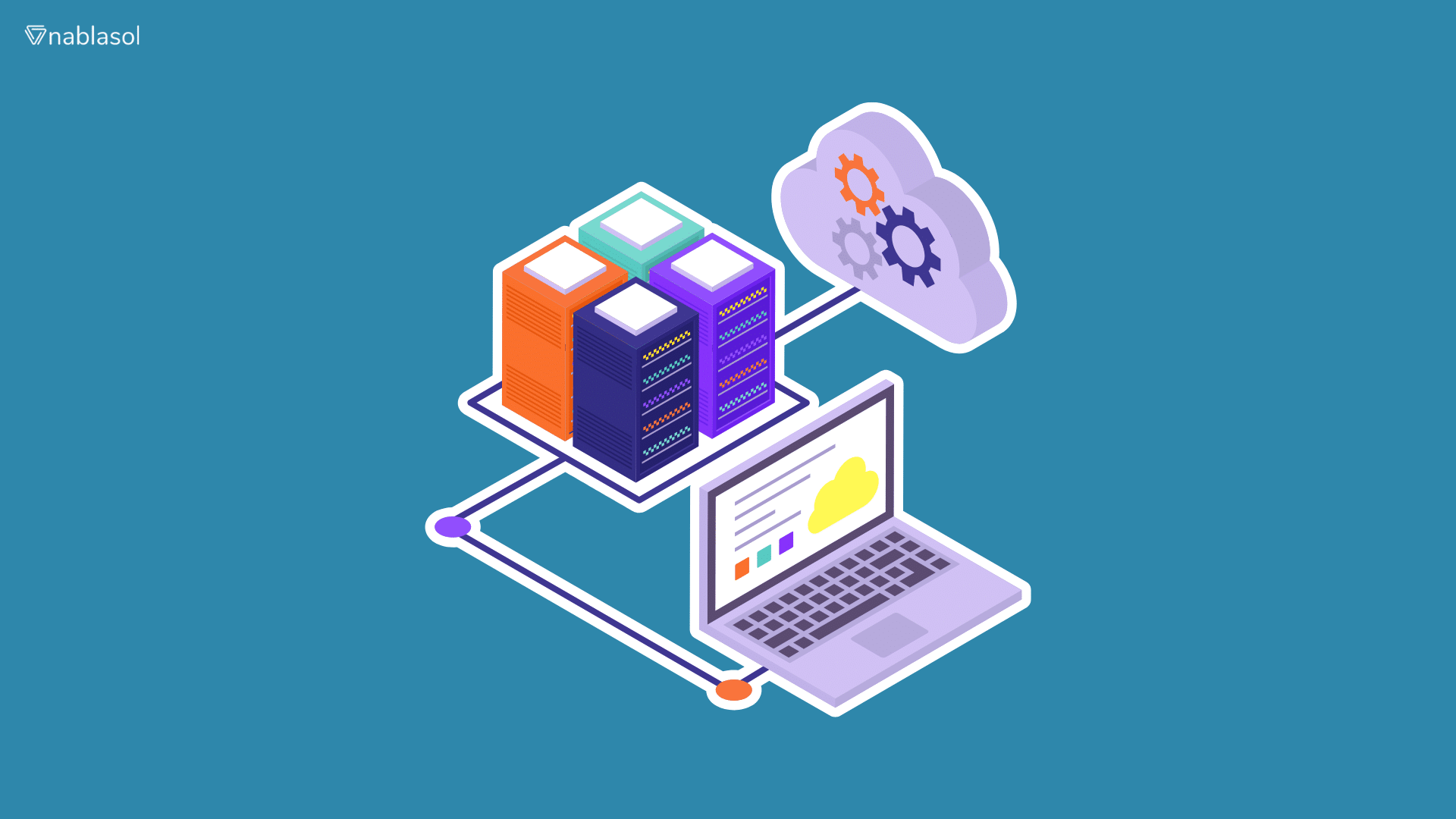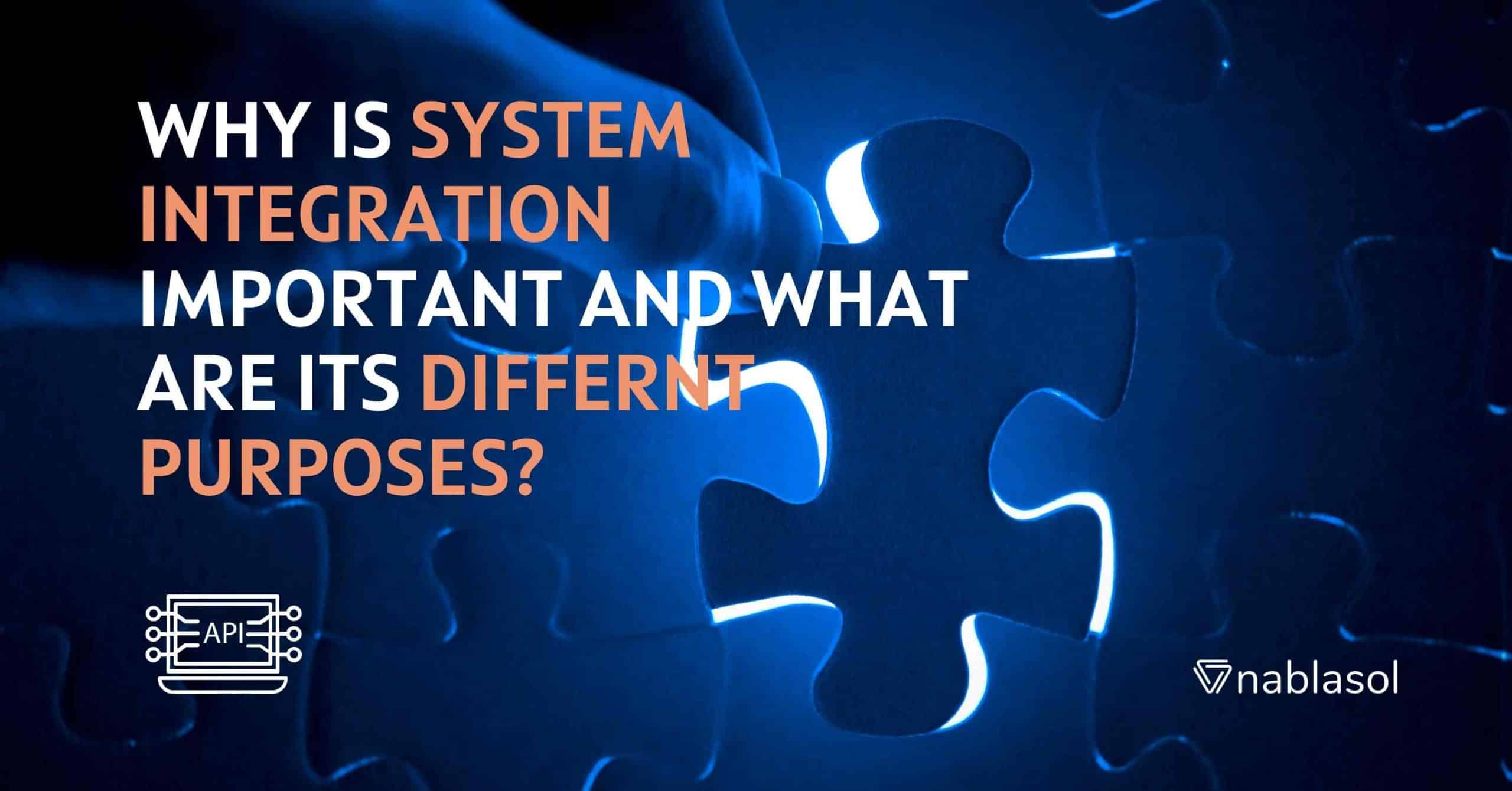Introduction
Introducing James, a committed salesman working for a mid-sized tech company. James has a ton of work to do every day to maintain the flow of sales via his pipeline. Despite being necessary, his CRM system seems more like a burden than a tool. James devotes numerous hours to data entry, organizing client records, and creating follow-up emails. Even with his greatest efforts, crucial information occasionally gets lost, which results in lost chances and disgruntled clients. James’s tale is not the only one. The time-consuming nature of managing customer relationships with standard CRM systems is a problem for many salespeople. But generative AI—a transformative development that has an opportunity to completely change the way we think about CRM— Generative AI.
The Ascension of Generative AI: Showcasing ChatGPT’s Moment
As OpenAI’s generative AI, ChatGPT, came to light in November 2022, the world was privy to a stunning scientific miracle. ChatGPT gained notice immediately since it could generate speech that was close to a human being if given instructions. This discovery was an important turning point in the field of artificial intelligence which opened up fresh possibilities for an array of industries, including customer relationship management.
Generative AI: A Game-Changer for CRM
Many of the inefficiencies and problems that James and others encounter daily can be solved by generative AI systems like ChatGPT. Companies can boost effectiveness, accuracy, and customer happiness by changing their processes. This is achieved through AI integrated into customer relationship management (CRM) systems.
1. Data Entry and Management
Entering data is one of the most tedious jobs for salesmen. Generative AI can streamline the process by intelligently extracting and inputting information into the CRM system from emails, calls, and conferences. This ensures that the data is always accurate and up-to-date. It also saves time and reduces the likelihood of human error.
2. Personalized Customer Interactions
3. Predictive Analytics and Insights
A great deal of consumer data can be examined with generative AI to deliver personalized content for messages, emails, and advertisements. James can easily and quickly develop personalized proposals and responses that will enhance his client interactions. Personalized communication significantly enhances client satisfaction and loyalty, boosting conversion rates and promoting repeat business.
4. Enhanced Customer Support
Chatbots driven by AI can reply to typical inquiries from customers, providing immediate help and freeing up sales employees’ time to concentrate on more difficult issues. Having the capacity to learn from each encounter, these chatbots can constantly improve their responses and offer an outstanding user experience.
5. Workflow Automation
Where Generative AI Can Be Used in CRM
Generative AI can be integrated into various aspects of CRM to streamline operations and enhance productivity. Some of the key areas where generative AI can make a significant impact include:
- Lead Generation and Scoring: By analyzing data from various sources, AI can identify and prioritize high-quality leads, ensuring that sales teams focus their efforts on prospects with the highest potential for conversion.
- Customer Segmentation: Generative AI can segment customers based on their behavior, preferences, and demographics, enabling personalized marketing campaigns that resonate with each group.
- Sales Forecasting: AI-driven insights can provide accurate sales forecasts, helping businesses make informed decisions and allocate resources effectively.
- Content Creation: Generative AI can generate content for email campaigns, social media posts, and marketing collateral, ensuring consistency and relevance across all communication channels.
- Customer Feedback Analysis: AI can analyze customer feedback from various sources, identifying common themes and sentiments to inform product development and customer service strategies.
The Impact of Generative AI on Workflow
- Enhanced Productivity and Efficiency: Sales staff can focus on high-value activities through automating repetitive processes and data input, which improves overall productivity and efficiency.
- Better Accuracy: based on artificial intelligence data management reduces the possibility of errors, ensuring that customer data is constantly reliable and accurate.
- Enhanced Client Connections: Stronger customer relationships are fostered by proactive support and personalized interactions that enhance client fulfillment and loyalty.
- Data-Driven Decisions: Sales teams may optimize their strategies and improve performance by using predictive analysis and knowledge to make data-driven decisions.
- Scalability: Businesses can hold growth and expand the number of customers by using generative AI to scale handles without compromising quality or efficiency.
Frequently Asked Questions about Generative AI in CRM:
What is Generative AI in CRM?
Generative AI automates CRM tasks like data entry, personalized interactions, and customer insights to improve efficiency and accuracy.
How does Generative AI enhance customer interactions in CRM?
AI-driven insights enable personalized communication, improving customer satisfaction and loyalty.
What tasks can Generative AI automate in CRM?
It automates data entry, meeting setups, follow-ups, and reporting.
How does AI help in predictive analytics for CRM?
AI analyzes customer data to predict behaviors, improving sales forecasting and strategy.
What is the impact of Generative AI on CRM workflows?
It enhances productivity, accuracy, and scalability, allowing teams to focus on high-value tasks.
Conclusion
James’s experiences provide a case study of the difficulties that salesmen who use traditional CRM systems experience every day. But the progress of generative AI suggests that things will get better. Generative AI will change CRM by automating routine tasks, providing personalized interactions, and producing predictive insights. This will render CRM more accurate, efficient, and customer-oriented.
A vital part of this shift is CRM consulting. Experienced advisors can help companies incorporate generative AI into their CRM systems. They ensure an effortless transition and maximize the technology’s benefits. Advisors can customize AI systems according to specific corporate needs, improve workflows, and provide ongoing support. This helps businesses adapt to changing market demands.
As technology advances, generative AI applications in CRM will continue to expand. This offers additional opportunities for businesses to enhance operations and achieve greater success. Integrating AI into CRM is more than a trend; it’s an evolution. It will impact how we manage client relationships moving forward. Companies can stay competitive, offer excellent client service, and achieve profitable growth by implementing this technology and using CRM recommendations.
For sales executives like James, generative AI offers a new era of efficiency, accuracy, and unparalleled client relationships. It is the CRM of the future.



